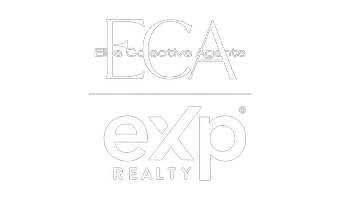Earnest Money and Due Diligence Money: Understanding the Difference
If you're in the market to purchase a home, you've probably started considering how to finance
it. While many buyers are ready to take out a mortgage, it's important to be aware of some
upfront costs that come into play before the purchase is finalized.
In North Carolina, due diligence money and earnest money are two key components of the
home-buying process. Once you find your perfect home and make an offer, these payments are
negotiated with your offer to purchase and made by the buyer as a sign of good faith once the
seller accepts your offer. While both types of money aim to protect the seller, they serve different
purposes and have distinct rules.
What is Due Diligence Money?
The due diligence period begins as soon as the contract is signed. This period, typically lasting
from fourteen to twenty-one days, allows the buyer to conduct necessary inspections, perform
an appraisal, and carry out research to ensure they are comfortable moving forward with the
purchase. During this time, the seller pulls the home off the market. Due diligence money is a
negotiated amount, typically between 1% and 2% of the purchase price at the time of this
article, although this can change based on market conditions.
What is Earnest Money?
Earnest money, like due diligence money, is a good faith payment showing the buyer's serious
intent to purchase the home. Typically, it is a negotiated amount, often between $500 and
$1,000. Unlike due diligence money, earnest money is held in escrow by an agreed-upon agent
or the closing attorney until closing.
If the transaction proceeds to closing, the earnest money is credited towards the purchase price.
If the sale is canceled within the due diligence period, the earnest money is refundable.
However, if the buyer backs out after the due diligence period and before closing, both the due
diligence money and earnest money are forfeited.
Key Differences Between Due Diligence Money and Earnest Money
● Due Diligence Money:
○ Non-refundable
○ Paid directly to the seller
○ Compensates the seller for the off-market period
○ Credited to the purchase price if the sale goes through
● Earnest Money:
○ Refundable within the due diligence period
○ Held in escrow until closing
○ Shows the buyer's serious intent
○ Credited to the purchase price if the sale goes through
While neither due diligence money nor earnest money is mandatory in North Carolina, most
contracts include both to show good faith and commitment. Due diligence money is typically
between 1% and 2% of the purchase price, while earnest money is usually between $500 and
$1,000.
If you have any questions or need assistance with your home buying journey, feel free to reach
out. I'm here to help guide you through the process.
Contact Me
In North Carolina, having a knowledgeable real estate agent by your side is crucial. I'm here to
ensure your transaction goes smoothly and to provide the best possible service. Give me a call
or reach out online to learn more
Categories
Recent Posts












